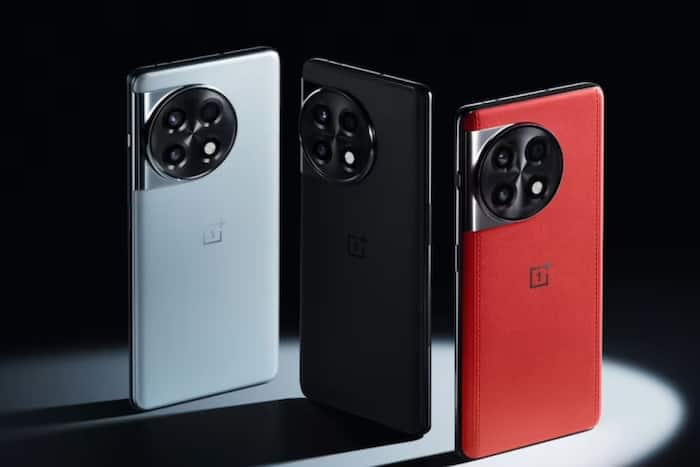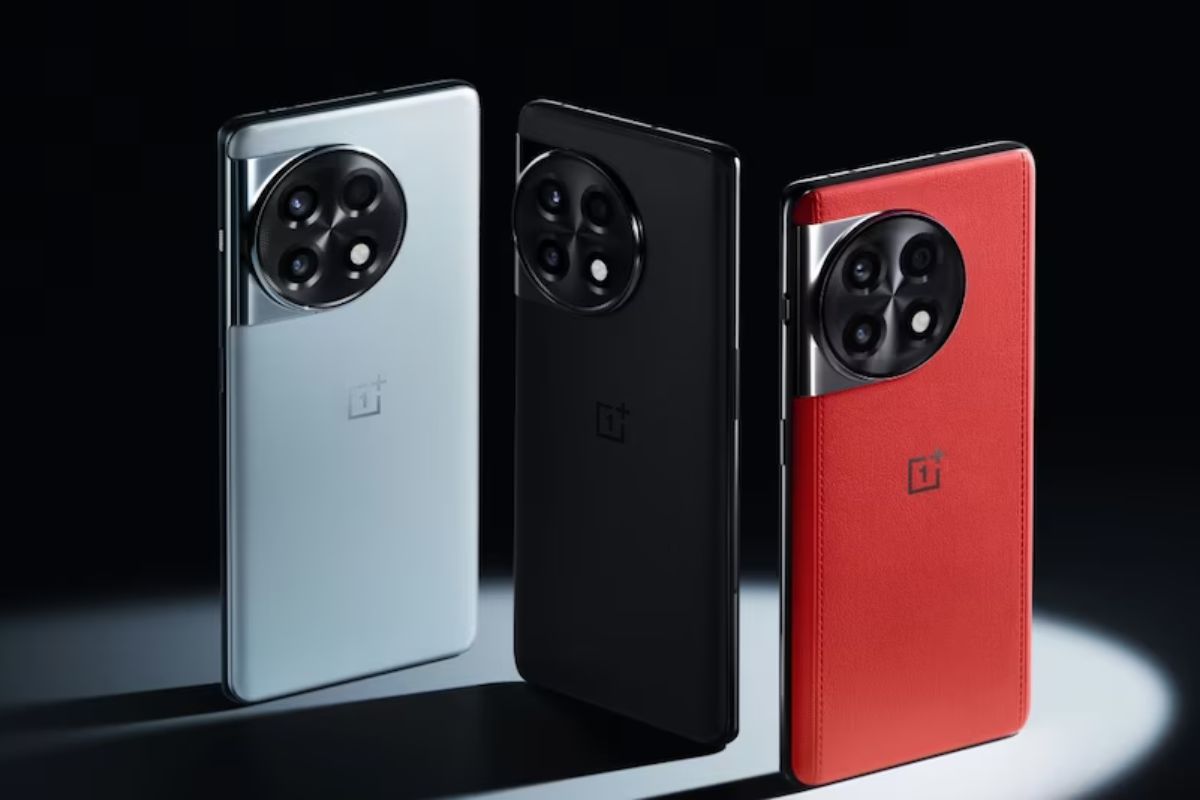Leaked details about the OnePlus 12R suggest its anticipated launch in January 2024, rumoured to be the OnePlus Ace 3 smartphone in India and global markets Chinese market.

Tech Giant – OnePlus is rumoured to be planning to launch its OnePlus Ace 3 smartphone, which will be sold under the name OnePlus 12R in India and other global markets, in the first week of January 2024. The OnePlus Ace 3 is projected to debut in China on January 4, 2024. OnePlus has confirmed the OnePlus 12 series launch in India and other global markets on January 23, marking the first appearance of the ‘R’ series beyond India.
OnePlus 12R: Check Features, Specifications:
Specifications for the OnePlus 12R have surfaced, indicating its China debut on January 4, 2023. It’s expected to showcase a metal frame with a refined texture and run on the Qualcomm Snapdragon 8 Gen 2 SoC, the previous year’s flagship processor. The smartphone may feature a 6.78-inch AMOLED display employing LTPO technology for a 120Hz adaptive refresh rate, delivering a peak brightness of 4500 nits and supporting 2160 Hz PWM dimming.
The OnePlus Ace 3 might hold an IP54 certification and boast a circular camera island design on the back, reminiscent of the OnePlus 12. Featuring the Qualcomm Snapdragon 8 Gen 2 processor, the device could house LPDDR5X RAM and UFS 4.0 storage. Expectedly, it may encompass a glass body with a metal mid-frame, host a 5,500mAh battery, and support 100W fast charging, running Oxygen OS 14 on Android 14 in India and potentially Color OS 14 in China.
OnePlus 12R: Check Other Details
Furthermore, predictions hint at a 50 MP primary camera with optical image stabilisation (OIS), an 8MP ultra wide-angle sensor, and a 16MP front-facing camera for photography and video communication needs.
Awaiting the official launch in January, the OnePlus Ace 3 (12R) has captured the attention of tech aficionados and casual users alike. Its enticing fusion of state-of-the-art tech, luxurious design, and possible affordability hints at a promising future. Whether you’re a dedicated OnePlus supporter or seeking a high-performing, stylish smartphone without a heavy price tag, the Ace 3/12R ranks a place on your radar.
OnePlus 12 vs OnePlus 12R
OnePlus launching two flagship smartphones in the upcoming year has left fans eager. Here is a brief comparison on the two –
Performance Aspect:
- OnePlus 12 exhibits robust performance prowess, fueled by the top-tier Snapdragon 8 Gen 2 Plus processor, ensuring seamless multitasking and smooth operations.
- OnePlus 12R houses the Snapdragon 8 Gen 1 Plus chip, slightly less powerful yet capable for daily tasks, though it might strain under intensive gaming sessions.
Display Features:
- OnePlus 12 boasts a striking 6.7-inch AMOLED screen, offering a rapid 120Hz refresh rate ideal for gaming and video consumption.
- OnePlus 12R presents a marginally smaller 6.6-inch AMOLED display, equipped with a 90Hz refresh rate, suitable for most users but not as immersive as the 12’s panel.
Camera Performance:
- OnePlus 12 impresses with its triple-lens rear camera system, highlighting a 50MP primary sensor, capturing exceptional photos across varied lighting scenarios.
- OnePlus 12R features a capable dual-lens rear camera setup with a 48MP main sensor, offering decent photo quality but lacking the versatility and low-light capabilities of the 12.
Battery Capacity:
- OnePlus 12 houses a substantial 5000mAh battery, ensuring prolonged usage even for heavy users throughout the day.
- OnePlus 12R incorporates a slightly smaller 4500mAh battery, still providing good battery life but may require additional charging for heavy usage.
Pricing Range:
- OnePlus 12 is priced starting at approximately $699, positioning itself as a premium flagship option.
- OnePlus 12R carries a price tag of around $499, offering a more budget-friendly flagship experience.
The OnePlus 12 shines with superior performance, display excellence, and versatile camera capabilities. On the other hand, the OnePlus 12R presents an enticing alternative at a notably reduced price point, catering to value-conscious users without compromising significantly on performance. Ultimately, the choice between the two depends on individual preferences and budget considerations.

